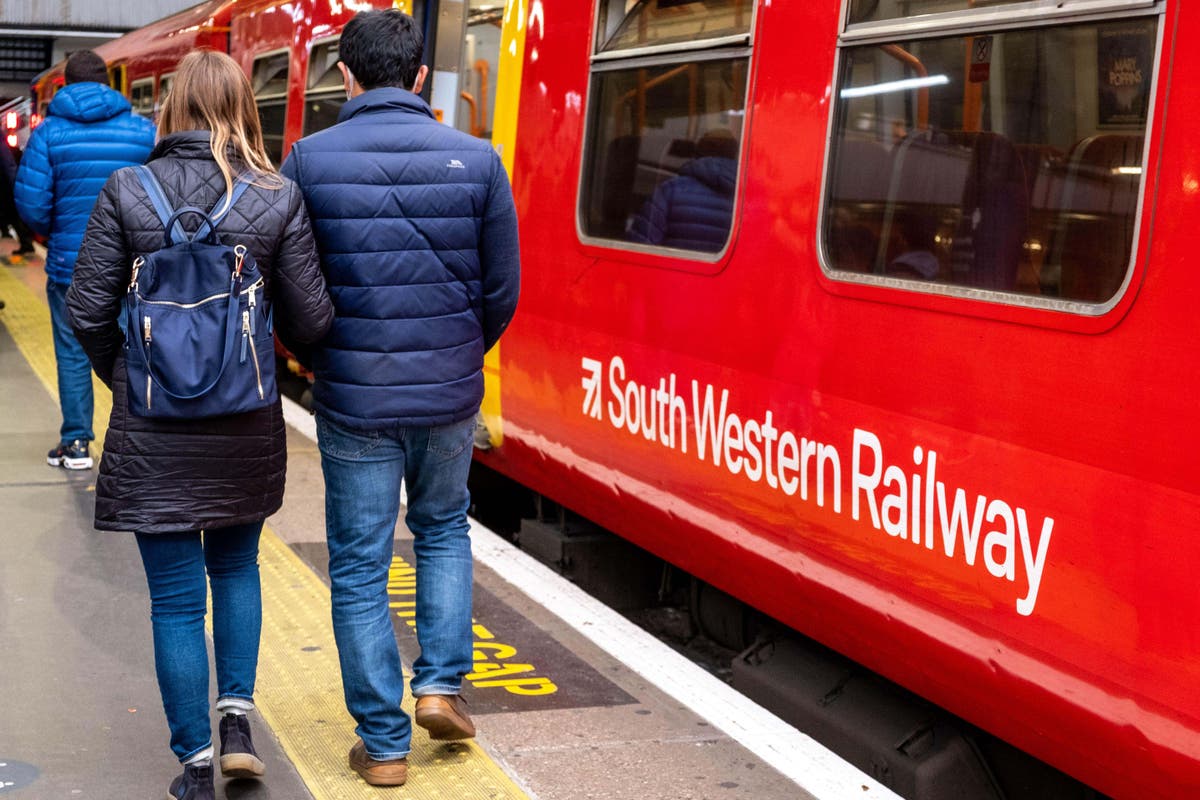South Western Railway will be the first rail operator to return to public ownership next year, marking a pivotal moment in the long-awaited overhaul of Britain’s railways, the government has confirmed.
Ministers have hailed the decision as the start of a “major shake-up”, aiming to deliver a more reliable and cost-effective rail network. In a move that has long been promised by the Labour Party, the Government insists the transition will not only enhance service standards but also contribute to its economic growth agenda by encouraging more people to use public transport.
The transition is expected to save up to £150 million annually in franchise fees, with the government stating that this will allow public funds to be directed towards improving services rather than enriching private shareholders.
Set to be completed by autumn 2025, the change will see South Western Railway’s services, which cover much of southern England and East Anglia, brought back into public control.
This policy shift, which aligns with Labour’s election manifesto promise, is designed to address years of disruption under the current franchise system, characterised by delays, cancellations, and inefficiencies. Ministers have also vowed to tackle the “unacceptable” levels of waste that have marred the privatised rail network for decades.
Transport secretary Heidi Alexander welcomed the announcement, saying: “For far too long, passengers have endured a rail service that simply doesn’t meet their needs. The patchwork system of private operators has failed.
“Starting with South Western Railway, we are taking a new direction by placing services back in the hands of the public to ensure a reliable and customer-focused network.”
She added: “Our railways have been broken for years, but we are now on the path to rebuilding a system that the British public can once again trust and be proud of.”
Trade unions have broadly welcomed the move. Mick Whelan, general secretary of the train drivers’ union Aslef, described the decision as “the right choice at the right time,” adding that privatisation, implemented under John Major in 1994, was “foolish” and “ideologically driven.”
Mr Whelan also condemned successive Conservative governments for pursuing a policy of “managed decline,” which, he argued, had undermined the interests of passengers, staff, and taxpayers alike.
The Conservative opposition, however, has criticised the move. Shadow transport secretary Gareth Bacon expressed concerns that the government’s plans were driven by ideology rather than the best interests of passengers. He also pointed to the Labour Party’s opposition to previous Conservative proposals designed to enhance passenger rights.
Mr Bacon warned that Sir Keir Starmer’s team, including the transport secretary, had a “worrying record of failure” in delivering timely projects that directly benefit commuters, and pledged to closely scrutinise the impact of the Government’s changes.

